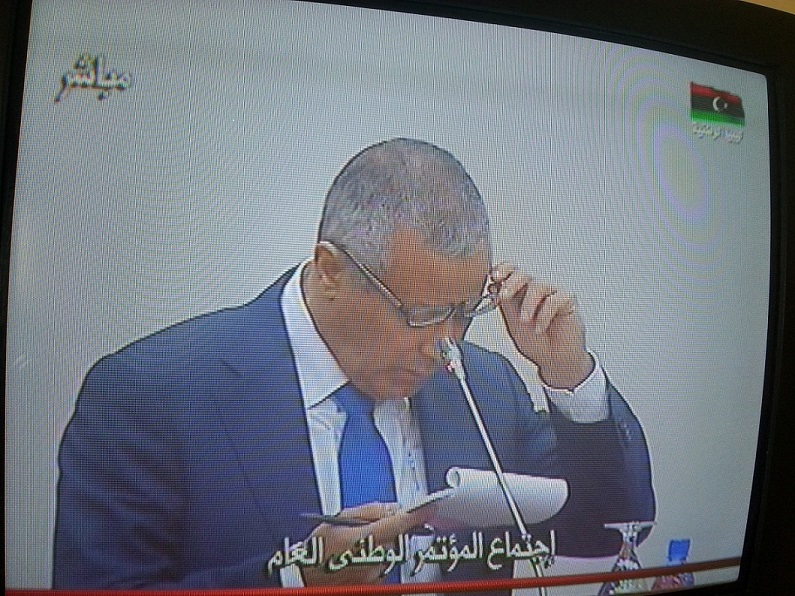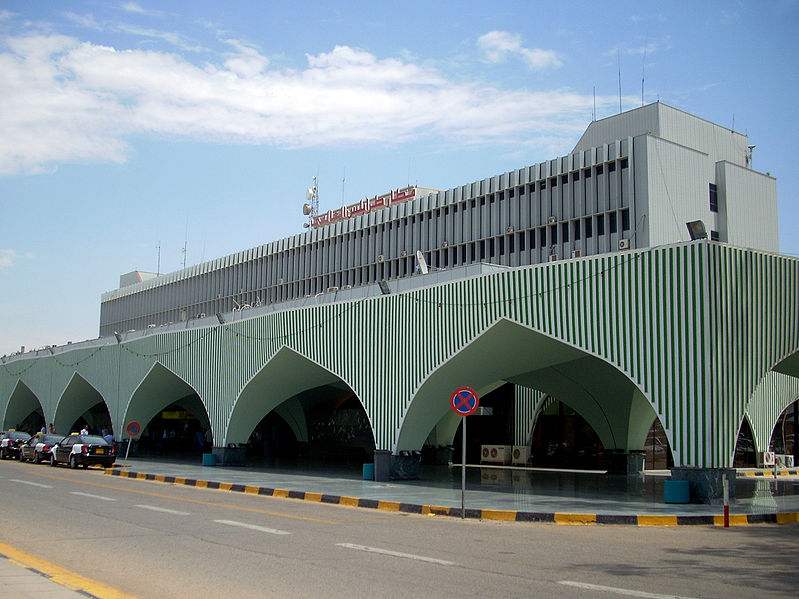By Sami Zaptia.

Tripoli, 22 October 2013:
“Imposing security in Libya is not hard” said one of the former Deputy Interior Ministers Abdallah . . .[restrict]Masoud.
Speaking live on a political debate programme on the Benghazi based Libya Al-Hurra TV station, Masoud stressed that the issue of imposing security and solving the security problem in Libya was not a difficult task.
Masoud’s comments come at a time when many are beginning to lose hope and question whether security can ever be fully imposed in Libya. His comments also come at a time when some Western media are already going as far as labeling Libya a “failed state”.
The former Deputy Interior Minister under Ashour Shuwail said that while it was true that Libya was relatively a large country, its population was still small and Libya had the finances to solve its security problems.
Masoud’s comments carry some weight as he was well positioned as a Deputy Interior Minister to have a valuable insight into the unseen goings on within the Libyan security apparatus.
Moreover, it is a commonly held belief in Libya that his former boss, Interior Minister Ashour Ashuail, was probably the best post-Qaddafi era Interior Minister.
It is also widely believed that it was because of Shuwail’s success as an Interior Minister, for example in starting to form a police force and starting to force the militias to break up and conscript into the official security forces, that he generated opposition which eventually led to his resignation, preempting the Political Isolation Law.
Moreover, and revealingly, Masoud confirmed that Libya’s foreign allies were offering “a lot of help and aid” in the security arena, however Libya was unable to take advantage of this help.
Asked why was it that in reality the state was not able to impose security, Masoud said that Libya had the right policies ready in place, but that it was the delay in the funding from the GNC that was the cause of the delay in imposing the security policy.
The former Deputy Interior Minister said that this was one of the main reasons why he had resigned.
Masoud’s statement comes at an interesting juncture in Libyan politics in the aftermath of the kidnapping of Prime Minister Ali Zeidan. The kidnapping had revealed the conflicts within the GNC wide open to all to view and had prompted accusations by Zeidan that the GNC was blocking all his attempts to move Libya forward.
Zeidan had complained on numerous occasions that the GNC was either not providing enough funding or that agreed funding was arriving late. He had particularly singled out the Audit Bureau who he had accused of insisting on implementing Qaddafi era regulations, which he thought were inapplicable in Libya’s new transition stage.
It will be interesting to see in the coming months if both Prime Minister Zeidan’s propositions and those of former Deputy Interior Minister Masoud that the real barrier to security in Libya post Qaddafi has been purely a matter of finances. If this truly is the obstacle to better security, then it will surely be only a matter of time until security is imposed.
However, if the core reasons of insecurity are other more complex reasons such as tribalism, regionalism, factionalism, militias, outside interference etc, then solving the security issue may be a more complex challenge than a matter of money. [/restrict]










